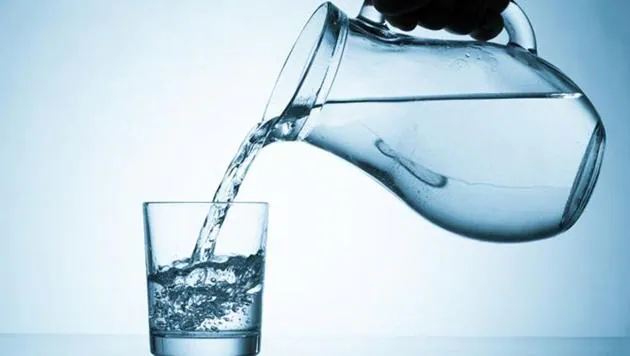A TDS meter is a tool that measures total dissolved solids in drinking water. If you are interested in total dissolved solids then you should be aware that a TDS meter measures levels of this in your water. If you’re concerned about the quality of your tap water but unsure whether you need a water filter, you might have heard about using a TDS meter to check for contaminants. A TDS meter is generally easy to use and relatively affordable. However, before buying one, you should know that it does not check for the presence of contaminants in water.
The TDS meter full form is the Total Dissolved Solids meter. First, it’s important to know what TDS really is: minerals found in groundwater. A TDS meter is a small hand-held device used to indicate the Total Dissolved Solids in a solution, usually water. Since dissolved ionized solids, such as salts and minerals, increase the conductivity of a solution, a TDS meter measures the conductivity of the solution and estimates the TDS from that reading.
This TDS meter will tell you if you have an excess of dissolved solids in your water. Scale buildup can shorten your pipes and appliances’ lifespan and reduce their effectiveness.
You can protect pipes and plumbing, decrease spots and stains on dishes and shower doors, increase the life of brighter clothing, and more, all without wasting salt or water. Keep in mind that a Salt-Free Water Conditioner is different from a filter. The ultimate goal of a filter is not to remove all solids in the water.
As you are looking for the right TDS meter there are some things to consider. First – what does a TDS not measure? A TDS meter does not measure contaminants. It will not tell you if your water is healthy. The TDS meter reading simply refers to the amount of total dissolved solids in your water, it will not tell you what those solids actually are and if they are harmful to your health.
A high TDS meter reading isn’t a great indicator that you have harmful contaminants in your water. For example, some healthy minerals like potassium, magnesium, and calcium can actually cause your TDS meter to spike. So, any water filter with a remineralized could cause a high reading on your TDS meter, even though the remineralized is adding the good minerals that you want.
On the other hand, you could have a low TDS level even if several harmful contaminants are present in your drinking water. Your water could have heavy metals like lead, or other contaminants like pesticides, pharmaceuticals, or hexavalent chromium. The TDS meter will not pick these contaminants up.
The TDS meter reading is simply a quantitative measure of the number of dissolved solids in your water. While it can be used to determine if you need a salt-free water conditioner to prevent scale buildup from mineral accumulation in pipes or appliances, it is not reliable as a stand-alone indicator you need a whole house water tap filter.

